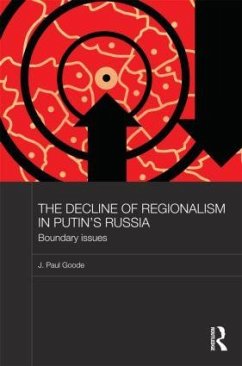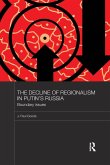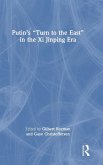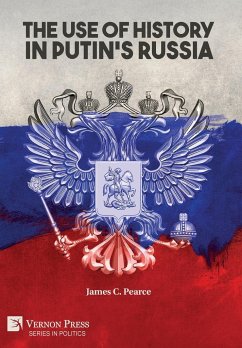This book reassesses the process whereby after 2000 Putin reversed the process by which in the 1990s power had shifted from Moscow to the regions.a It focuses on the dynamics of regional boundaries: juridical boundaries, which defined a region's territorial extent and thereby its resources; institutional boundaries that sustained regional differences; and cultural boundaries that defined the ethnic or technocratic principles on which a region could claim legitimate existence.a The book shows how regional governors responded to Putin's reforms, attempting to deflect them not by outright resistance, but by mimicking at the regional level Putin's centralisation of power, a process which however made easier the homogenisation of regional political regimes and regional mergers.a The book demonstrates how the reordering of regions advanced sporasically, how pockets of resistance persist, and how the potential for the revival of regionalism continues.
This book reassesses Putin's attempt to reverse the decentralization of power that characterised centre-regional relations in the 1990s, focusing on regional responses to Putin's federal reforms. It explains the decline of regionalism after 2000 in terms of the dynamics of regional boundaries, understood as the juridical boundaries which demarcate a region's territorial extent and its resources; institutional boundaries that sustain regional differences; and cultural boundaries that define the ethnic or technocratic principles on which a region could claim legitimate existence. The book questions the conventional wisdom regarding the success of Putin's regime. It shows how regional governors responded not by attempting to deflect the reforms with outright resistance, but by mimicking Putin's centralisation of power at the regional level. In turn, this facilitated the homogenisation of regional political regimes and regional mergers. The book demonstrates how the reordering of regions advanced sporadically, how pockets of resistance persist, and how the potential for the revival of regionalism continues.
Hinweis: Dieser Artikel kann nur an eine deutsche Lieferadresse ausgeliefert werden.
This book reassesses Putin's attempt to reverse the decentralization of power that characterised centre-regional relations in the 1990s, focusing on regional responses to Putin's federal reforms. It explains the decline of regionalism after 2000 in terms of the dynamics of regional boundaries, understood as the juridical boundaries which demarcate a region's territorial extent and its resources; institutional boundaries that sustain regional differences; and cultural boundaries that define the ethnic or technocratic principles on which a region could claim legitimate existence. The book questions the conventional wisdom regarding the success of Putin's regime. It shows how regional governors responded not by attempting to deflect the reforms with outright resistance, but by mimicking Putin's centralisation of power at the regional level. In turn, this facilitated the homogenisation of regional political regimes and regional mergers. The book demonstrates how the reordering of regions advanced sporadically, how pockets of resistance persist, and how the potential for the revival of regionalism continues.
Hinweis: Dieser Artikel kann nur an eine deutsche Lieferadresse ausgeliefert werden.








